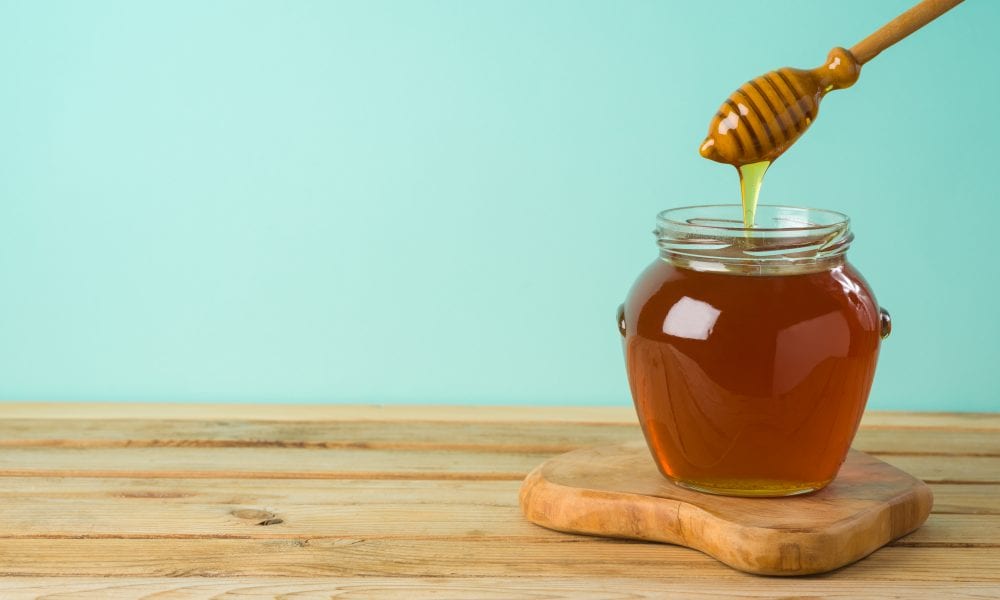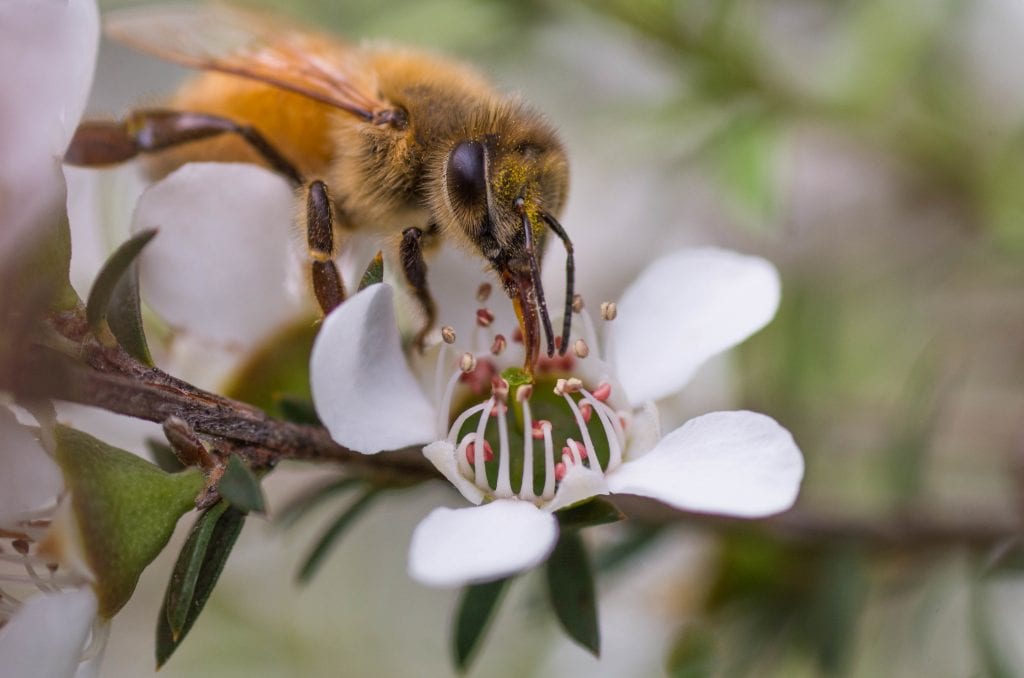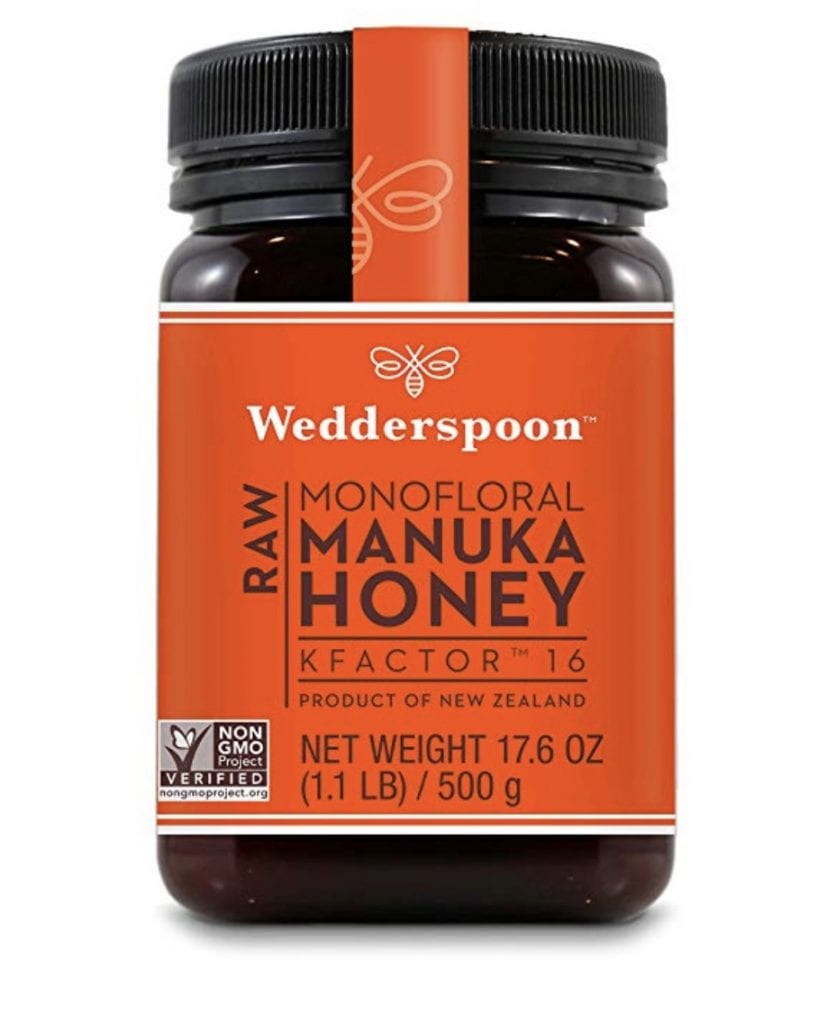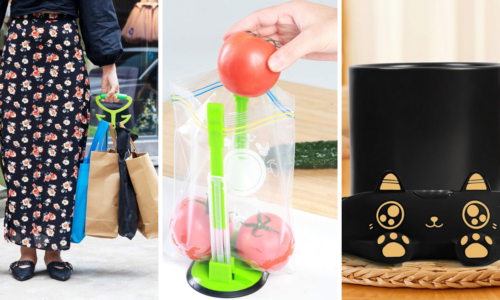The products and services mentioned below were selected independent of sales and advertising. However, Don't Waste Your Money may receive a small commission from the purchase of any products or services through an affiliate link to the retailer's website.
Honey has many proven health benefits, from reducing allergies to suppressing coughs and more. It can also be useful around the home. But as valuable and healthful as it might be, would you be willing to shell out a cool $100 for a bottle?
A particular type of honey known as Mānuka honey can cost up to $99 per 100 grams, according to Business Insider, which comes out to be more than 100 times the price of traditional honey.
What Makes Mānuka Honey Unique?
Mānuka honey has been labeled a superfood by some, but is it worth the cost?
True Mānuka honey can only come from New Zealand. It is made by bees that pollinate the flower of the Mānuka tree, which is a native New Zealand plant that only blooms for two to six weeks each year.
Because these trees grow abundantly in certain remote, uninhabited areas of New Zealand, the honey is difficult to harvest. In many areas, the hives are only accessible by helicopter. New Zealand’s indigenous Maori people have appreciated the tree for centuries, using everything from the bark and wood to the leaves and flowers for their health, homes and daily lives.
Because of the nectar from which it is derived, Mānuka honey is dark, intense and sweet, with a thick consistency. It also has unique medicinal properties.
The Benefits of Mānuka Honey
For one thing, the honey has been shown effective in healing wounds because of its antibacterial nature. Recognizing this, the FDA approved a wound dressing using the honey as a healing salve.
Researchers discovered that while hydrogen peroxide is responsible for most antibacterial activity of other honeys, a naturally occurring compound called methylglyoxal is responsible for most antibacterial activity in Mānuka honey. Findings showed that Mānuka honey inhibited the growth of all bacterial pathogens tested and prevented, dispersed and eradicated biofilms, microorganisms that can grow in a film on various surfaces (one example: dental plaque).
Mānuka honey also has a high enzyme content. These enzymes create antioxidants that help fight unstable atoms known as free radicals, which are associated with numerous diseases, including Alzheimer’s disease, Parkinson’s disease and cancer. The honey has demonstrated antioxidative promise in the lab. For example, in a small study on rats in 2013, researchers found that rats fed a Mānuka honey supplement had reduced oxidative damage to their DNA. Another study on rats found that in high doses, Mānuka honey’s antioxidant and antibacterial properties had a marked positive healing effect on rats with ulcers.
The nectar from the Mānuka flower gives the honey three unique phytochemical markers. It contains more than 2,000 individual natural compounds, which is 20 times more than some conventional honey varieties, according to Comvita, a company that makes Mānuka honey.
As with any type of honey, you should not feed Mānuka honey to babies younger than 1-year-old, as it could cause botulism.
Where To Get It
Interested in purchasing some of this product? You can find it at Amazon, Walmart and other retailers, including The Vitamin Shoppe and Whole Foods.
One popular Amazon product is Wedderspoon Raw Premium Manuka Honey KFactor 16+, which comes in a 17.6-ounce bottle and costs $30. It has 4.6 out of 5 stars from more than 3,200 ratings.
Will you put this on your shopping list?









